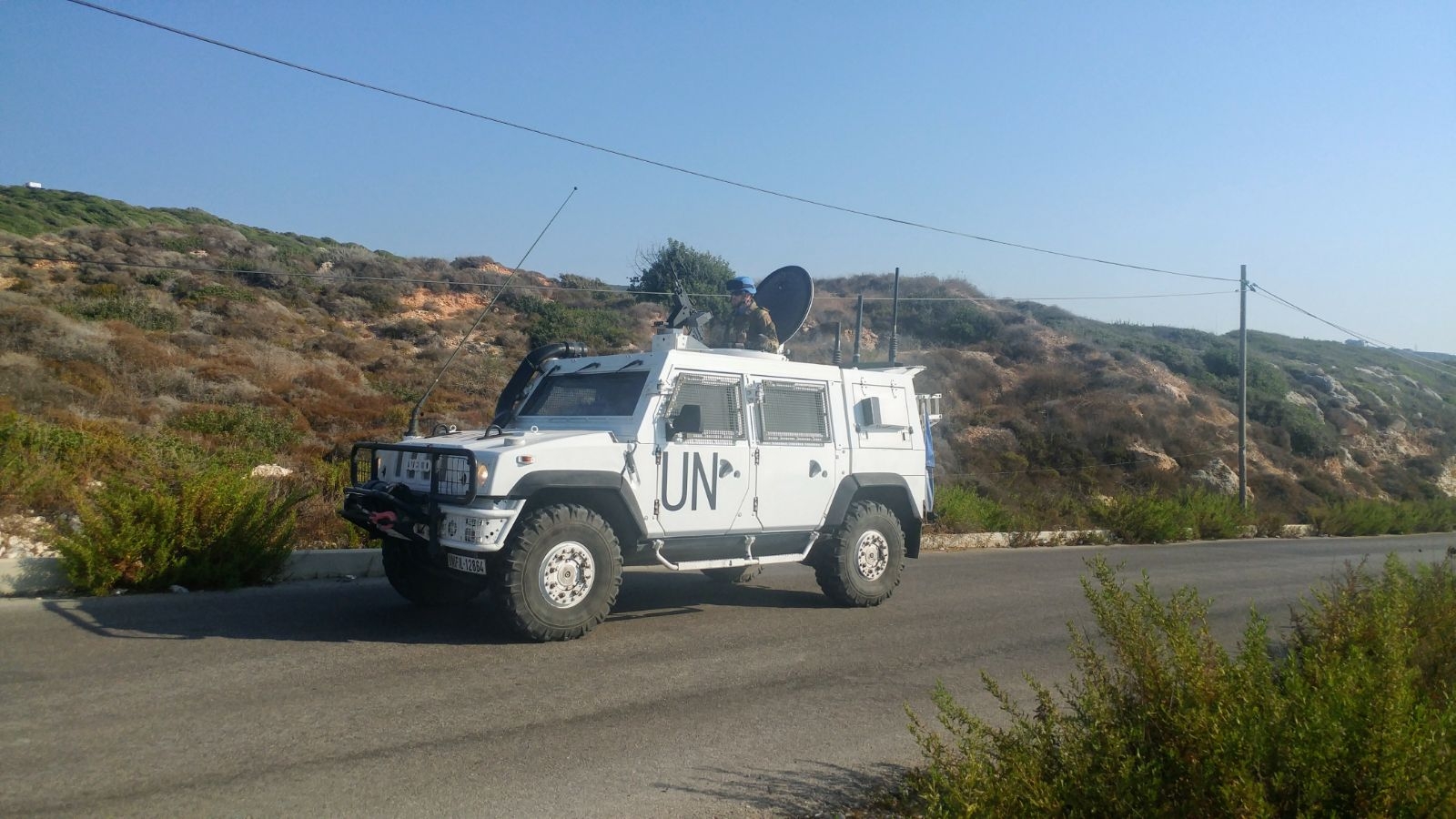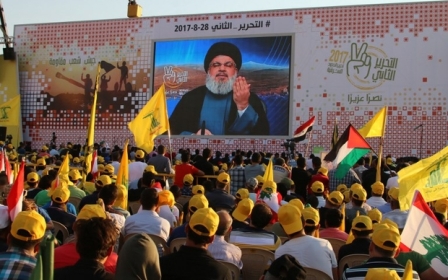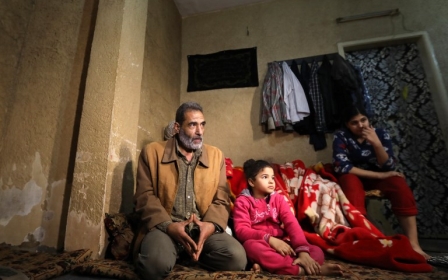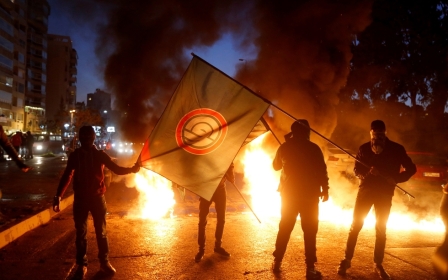Lebanon rejects Israeli border wall that 'violates its territory at 13 different points'

Lebanon said on Monday that a wall Israel intends to build at the border marks a violation of Lebanese sovereignty, during a meeting of military officers from the two countries chaired by UN peacekeepers.
Disagreement over the wall and Lebanon's plans to explore for offshore oil and gas in disputed maritime waters have elevated tensions between Israel and Lebanon.
The Israeli army has previously said the construction work is being done on its own territory.
The Lebanese government says the wall - which will be built along the improvised border between the two states and Syria's occupied Golan Heights - passes through territory that belongs to Lebanon.
The sides met under the supervision of the UN peacekeeping force UNIFIL in their regular tripartite meeting at UN positions in the Ras al-Naqoura border area.
"The Lebanese side reviewed the matter of the wall which the Israeli enemy intends to build... confirming the position of the Lebanese government rejecting the construction of this wall as it violates Lebanese sovereignty," the Lebanese army said in a statement after Monday's meeting.
Hezbollah and Israel last fought a major conflict in 2006.
Last month, Lebanese President Michel Aoun said the wall would violate Lebanese territories at 13 different points, calling for “corrections” along the Blue Line.
In a statement, UNIFIL said the meeting had received great attention "due to engineering works south of the Blue Line previously announced by the Israeli side".
UNIFIL force commander Major General Beary noted there had been a "period of relative calm" since the last tripartite meeting.
“However, there has been a great deal of activity along the Blue Line,” he said.
“I would like to acknowledge the restraint exercised by both parties in decreasing tension and maintaining stability. No one wants to return to a period of escalating tensions and a breach of the cessation of hostilities.”
In the meeting, the Lebanese side also rejected recent Israeli comments about Lebanon's offshore energy exploration, the army statement said.
On Wednesday, Israeli Defence Minister Avigdor Lieberman warned international firms against participating in oil and gas exploration in disputed water blocks, calling the move "very provocative".
Lebanon has an unresolved maritime border dispute with Israel over a triangular area of sea of around 860 sq km that extends along the edge of three of five blocks Lebanon put to tender early last year.
Lebanon in December approved a bid by a consortium of France's Total, Italy's Eni and Russia's Novatek for two blocks. One of the awarded blocks, Block 9, borders Israeli waters.
"The block lies entirely within Lebanon's territorial and economic waters," the army statement said.
New MEE newsletter: Jerusalem Dispatch
Sign up to get the latest insights and analysis on Israel-Palestine, alongside Turkey Unpacked and other MEE newsletters
Middle East Eye delivers independent and unrivalled coverage and analysis of the Middle East, North Africa and beyond. To learn more about republishing this content and the associated fees, please fill out this form. More about MEE can be found here.




